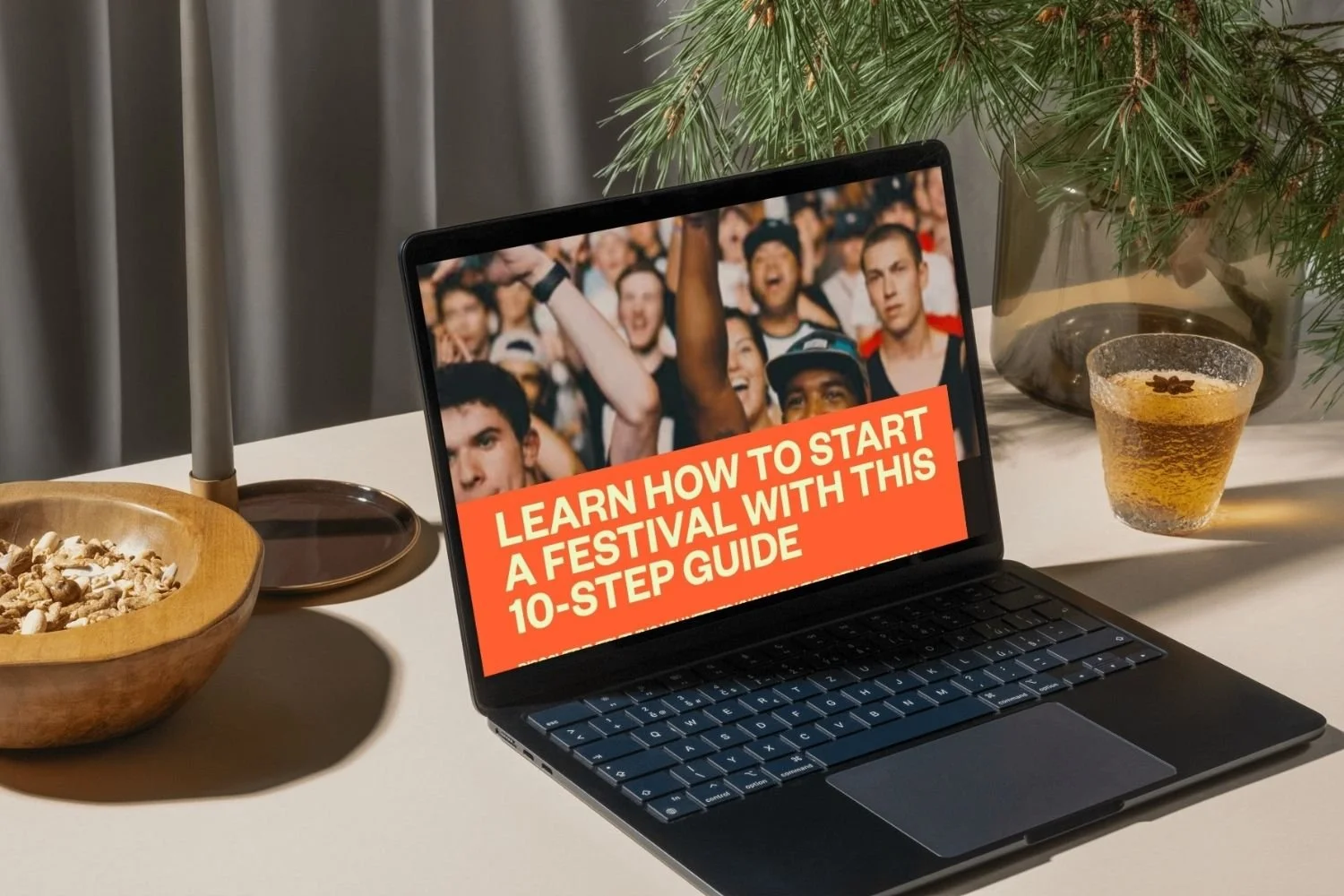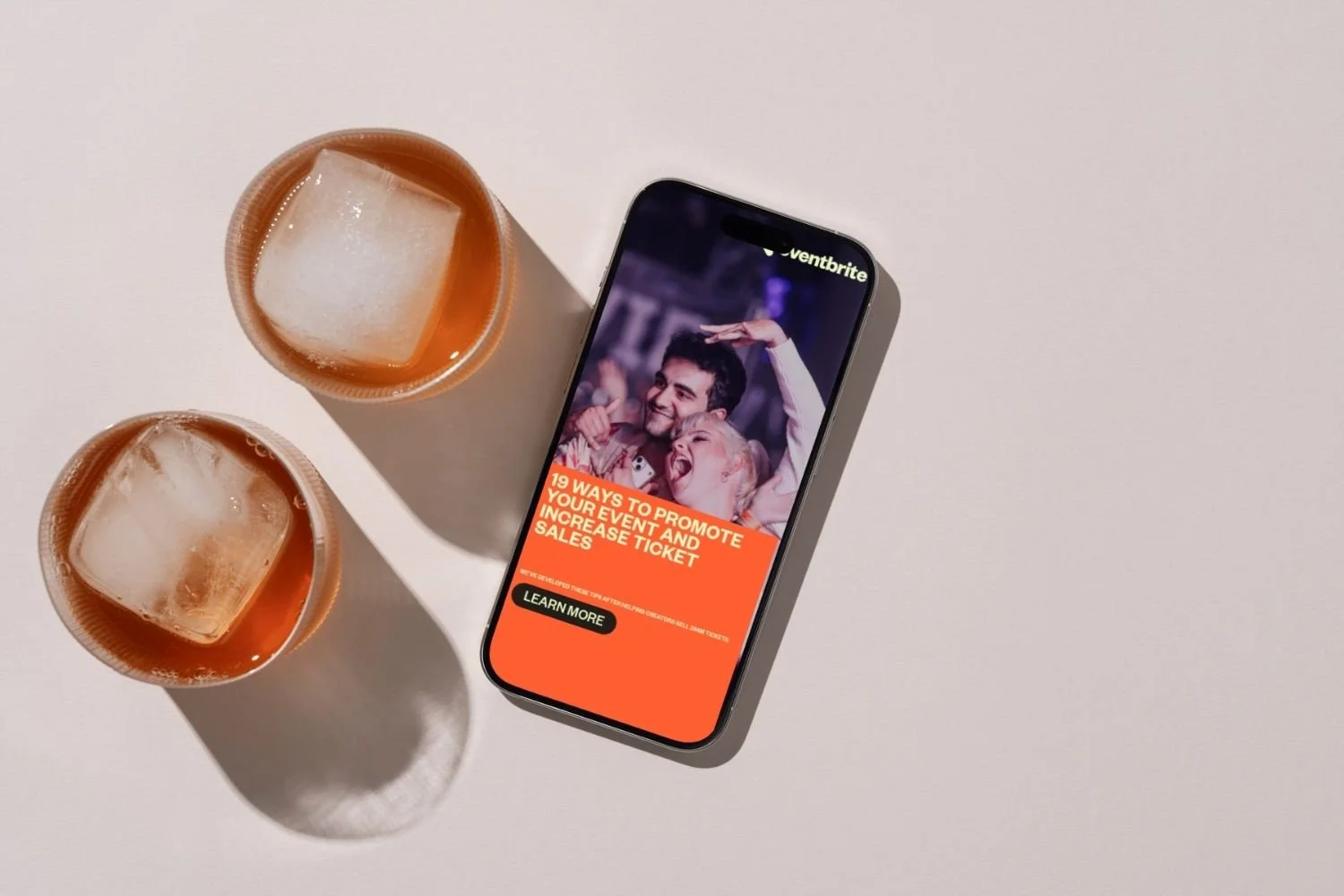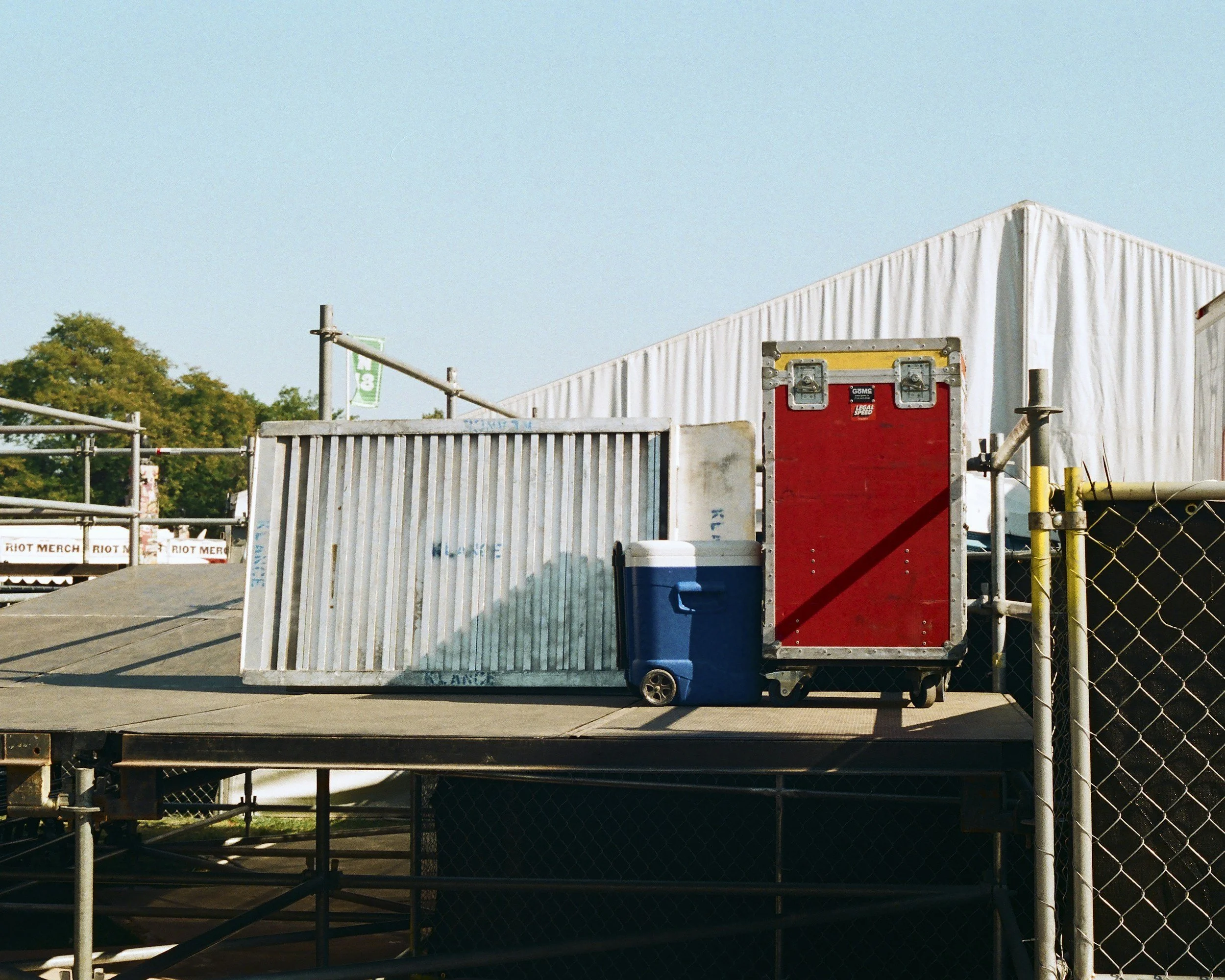New to Event Planning? Start with the Right Templates
Kickstart your event planning journey. Event planning templates can save you time and help you stay organised.
Event planning is already a juggling act—you don’t need to waste time reinventing the wheel. That’s where event planning templates come in.
Templates give you a structured starting point so you can focus on delivering a brilliant event, not building tools from scratch.
At Event Kit, we make sure you have access to practical, customisable templates that suit all types of events—from festivals to conferences, weddings to fundraisers.
But with so many options out there, how do you pick the right ones?
Here’s a quick guide to help you choose templates that actually save you time, align with your event, and help you hit your goals.
🎉 The Event Planning Starter Kit was made for new planners — user-friendly, editable, and ready to guide you through your first few events.
1. Start With Your Event Type
All our template collections are hand-picked with specific event types in mind. Why? A corporate conference has different needs than a wedding or a community festival—so choosing a collection that matches your event style gives you a smoother start.
While every collection is customisable, picking one close to your event type saves time and reduces the overwhelm.
2. Know What You Need
Think about what you're trying to achieve. Are you after a full toolkit of templates for end-to-end event planning that you can reuse for multiple events? Or do you just need just a few templates to get you through a one-off?
Identify the tools will help you most—budget trackers, run sheets, guest lists, project timelines—and start there.
3. Choose for Functionality
Already know the key tasks in your event workflow? Great! Now look for templates that plug directly into those steps. For example, if you’re managing RSVPs and planning the seating chart, make sure the templates you choose are designed to handle exactly that.
4. Look for Customisability
Templates should adapt to you—not the other way around. Go for templates that are easy to tweak, update, and personalise to fit your brand or project. You shouldn’t need to be a design whiz or tech expert to make them work.
5. Professional Design Matters
Polished, consistent event docs don’t just look great—they help build trust with your team, clients, and stakeholders. Look for templates with professional formatting and cohesive branding. It reflects well on you and your event.
6. Make Sure They're Compatible
Stick to formats you’re already comfortable with—like Word, Excel, PPT, and PDF. There’s no point downloading a beautifully designed template if it’s a nightmare to open or edit.
7. Read Reviews and Check Support
Before buying, check out what others are saying. Reviews and testimonials can reveal how useful the templates actually are in practice. And bonus points if the provider offers support or tutorials to help you get started.
You Might Also Like
Meet Your Mentor
Hey! I’m Rachella — founder of Event Kit and an Event Consultant with 25+ years of experience running world-class festivals and public events. I created Event Kit because I knew there had to be a smarter, less overwhelming way to plan pro-level events.
EVENT KIT LIBRARY
Guides & Tutorials: Expert Insights & Event Planning Inspiration
Your go-to for practical event planning advice, from beginner basics to smart professional development.












Tired of spending hours creating event plans from scratch? This is your solution. New to events? The Starter Kit is your go-to. It’s the toolkit I wish I had when I began—easy, powerful, and proven to work.
7 Event Planning Templates & Tools:
Event Master Checklist, Event Budget Template, Event Brief Template, Event Plan Timeline, Event Risk Assessment, Event Brief Writing Guide & Event Risk Management Guide
Designed by our award-winning agency
100% customisable—unlimited flexibility
Don’t get left behind, join thousands of planners using Event Kit!
Bonus: Pair your templates with our free AI/ChatGPT Event Planning Assistant for extra support.